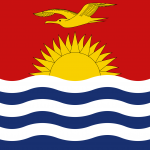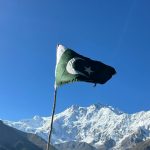The GCC, or Gulf Cooperation Council, is the alliance of six countries on the Arabian Peninsula: Saudi Arabia, the United Arab Emirates, Qatar, Kuwait, Oman, and Bahrain. Formed in 1981 in Abu Dhabi, the council was established to coordinate economic policies, security strategies, and political cooperation.
Its creation came in response to regional instability, most notably the Iranian revolution in 1979 and the Iran-Iraq war that began in 1980. The council’s charter emphasizes economic integration, joint defense initiatives, and cooperation in trade, finance, and regional politics.
What is the GCC
The GCC is more than just a political alliance; it functions as a regional economic and security bloc. Member states conduct joint military exercises, coordinate procurement, and establish common policies in areas such as infrastructure, finance, and investment. While there is no single currency, trade agreements and customs arrangements allow goods, services, and labor to move across borders with relative ease. Some people question how effective the council is when its members occasionally pursue conflicting policies or rivalries arise, such as the tension between Qatar and its neighbors during the 2017 blockade.
The GCC’s influence is visible outside the Middle East primarily through its wealth and oil reserves. Cities like Dubai, Riyadh, Doha, and Manama serve as hubs for international business, finance, and tourism. The council collectively controls vast petroleum reserves, which provide the financial backbone for government spending, infrastructure projects, and international investments. Despite efforts to diversify, oil remains the dominant driver of the economies of Saudi Arabia, the UAE, and Qatar in particular. Some people question whether economic diversification initiatives like Saudi Arabia’s Vision 2030 or Dubai’s push into tourism and technology can truly reduce reliance on oil in the coming decades.
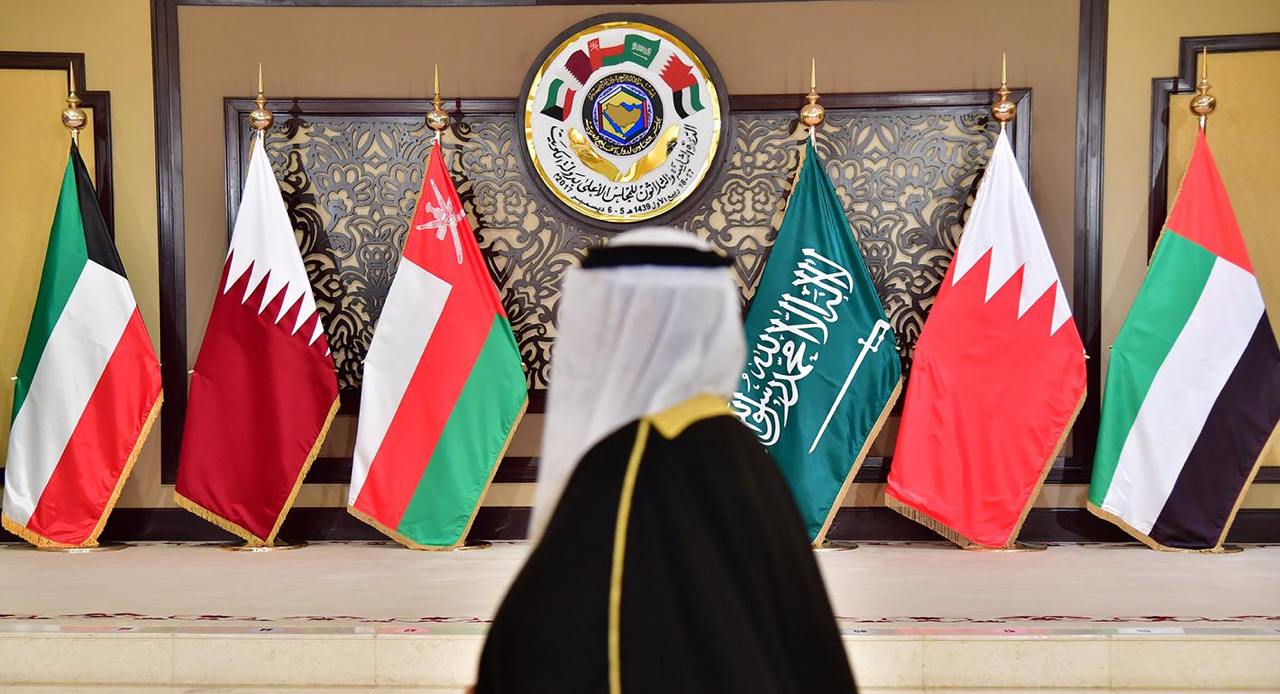
Economy and Trade
Economically, the GCC has focused on harmonizing trade and investment. Free trade zones, large-scale infrastructure projects, and investment treaties make it easier for international businesses to operate across multiple member states. Regional labor mobility agreements allow skilled workers to move between countries for employment. However, some people question whether these policies primarily benefit multinational corporations and the wealthy, rather than ordinary residents or migrant laborers who form the majority of the workforce in many states.
While the council has succeeded in attracting foreign investment, there are economic challenges. Oil prices are volatile, regional conflicts can disrupt trade routes, and global competition for investment is intense. Initiatives such as technology hubs in the UAE and Qatar and renewable energy projects in Saudi Arabia indicate a shift toward economic diversification. Some people question whether these efforts are sufficient to create sustainable economies independent of hydrocarbons.
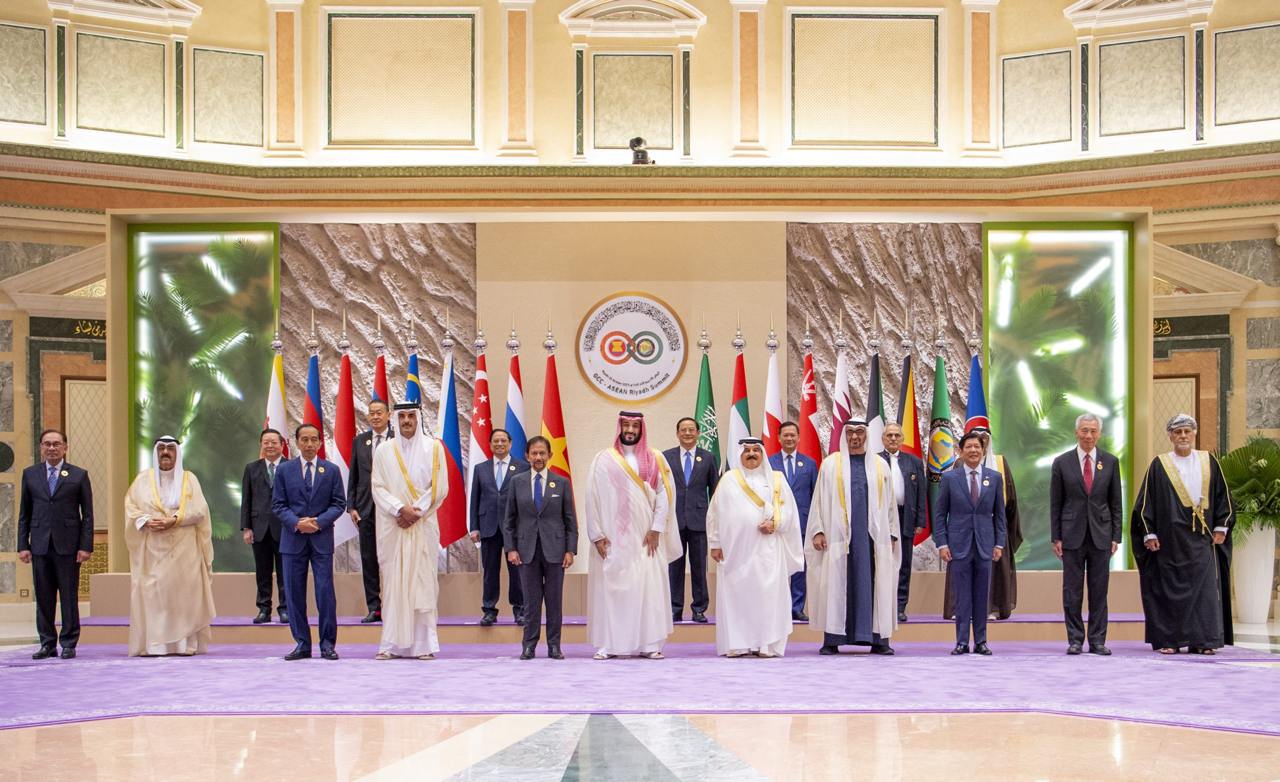
Security and Military Cooperation
Security is one of the GCC’s core concerns. Member states regularly conduct joint military exercises, share intelligence, and coordinate procurement of weapons systems. The Gulf War of 1990-91 highlighted the council’s ability to act collectively. More recently, the military intervention in Yemen, led by Saudi Arabia and the UAE, has drawn criticism for civilian casualties and the humanitarian crisis it caused. Some people question whether the council prioritizes stability and strategic interests over broader ethical considerations.
The 2017 Qatar blockade also underscored potential divisions within the GCC. Saudi Arabia, the UAE, Bahrain, and Egypt severed diplomatic and trade ties with Qatar over allegations of supporting extremist groups. The blockade lasted three years and disrupted flights, trade, and regional cooperation. Some people question whether incidents like this expose structural weaknesses in the council’s unity.
Society and Labour
The GCC is unique in its social structure. Nationals often represent a minority in some countries, particularly in the UAE and Qatar. Large expatriate populations from South Asia, Southeast Asia, and Africa dominate construction, domestic work, and service industries. Migrant labor is essential to urban development, but some people question whether their rights and working conditions are adequately protected. Despite these criticisms, migrant workers remain a cornerstone of the GCC economies, enabling the rapid construction of skyscrapers, airports, and infrastructure projects.
GCC member states also maintain strict social hierarchies and limited political freedoms. Political parties are banned in most countries, press freedom is restricted, and criticizing ruling families can carry severe penalties. Some people question how these restrictions affect transparency and accountability within the council itself.
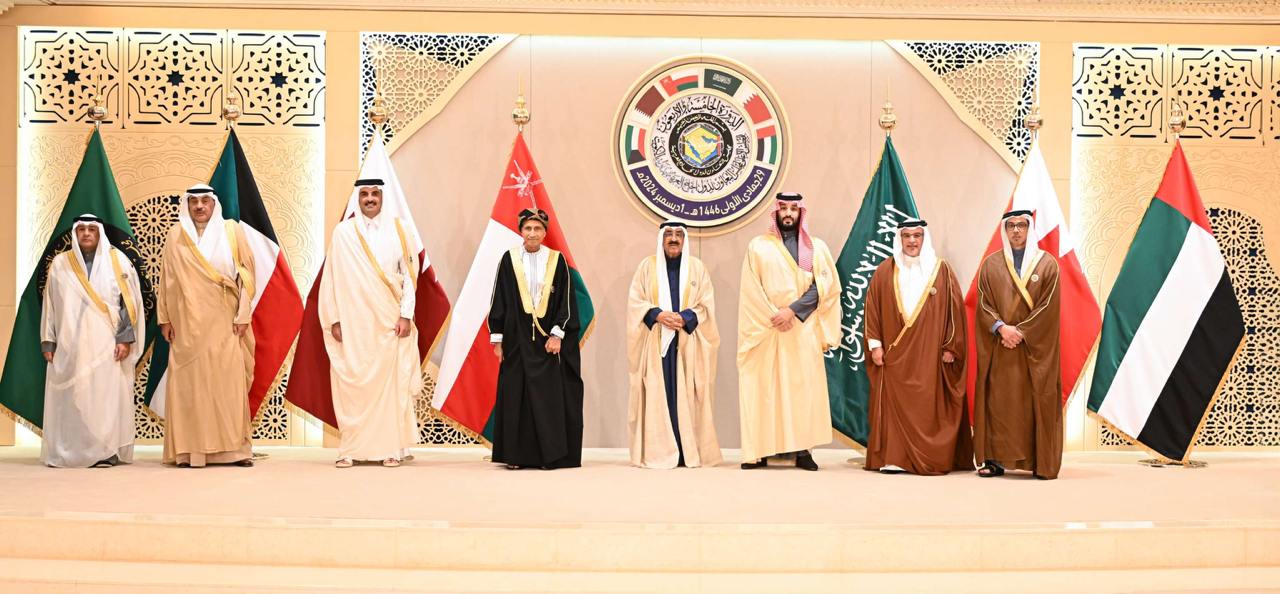
Controversies and Criticism
The GCC is not without controversy. Some people question the lack of democracy in member states, the treatment of migrant labor, and the council’s involvement in regional conflicts. Military interventions, trade disputes, and political rivalries have drawn international attention and scrutiny. For instance, the Yemen war, the Qatar blockade, and tensions between Saudi Arabia and Iran illustrate the GCC’s complicated regional role. Some people question whether the council can balance internal stability with international pressure and expectations.
Economic inequality is another area of critique. While member states are rich in resources, wealth distribution is uneven. Some people question whether GCC policies adequately address social disparities or whether the focus on global investment and mega-projects serves a narrow elite.
International Influence
Despite these criticisms, the GCC wields substantial international influence. Member states have a decisive impact on oil markets, trade, and finance. The council engages with foreign governments, multinational corporations, and international organizations like the United Nations and the World Bank. Some people question whether the GCC addresses global issues such as climate change, human rights, or labor protections adequately, but its geopolitical significance is undeniable.
The GCC has also tried to position itself as a hub for innovation, tourism, and education. Qatar and the UAE have invested heavily in universities, research centers, and tech hubs aimed at attracting global talent. Some people question whether these efforts are more about soft power and image-building than systemic reform, but they have succeeded in increasing international visibility.
Conclusion
The GCC is a complicated, often misunderstood organization. It is a mix of wealth, strategic influence, and strict control. Some people question its democratic credentials, labor policies, and military interventions, while others question its ability to adapt to economic and social change. Whether admired or criticized, the GCC remains central to understanding the Arabian Peninsula. It shapes regional politics, economic strategy, and social structures, and will continue to influence the Gulf and beyond for decades to come.
Click to check out our Middle-East Tours.



